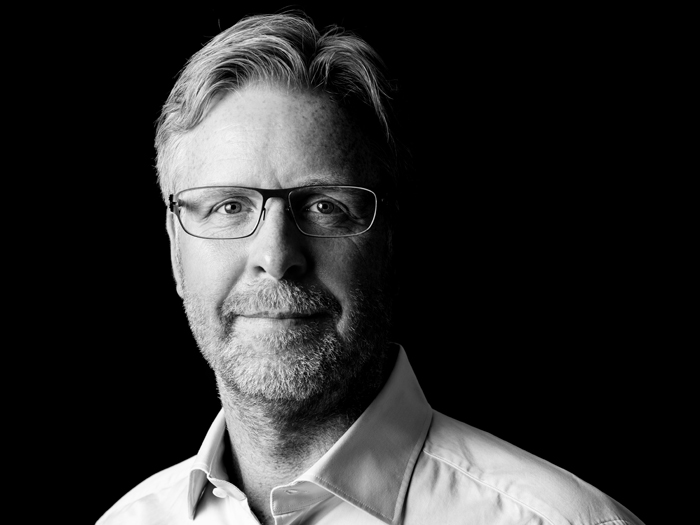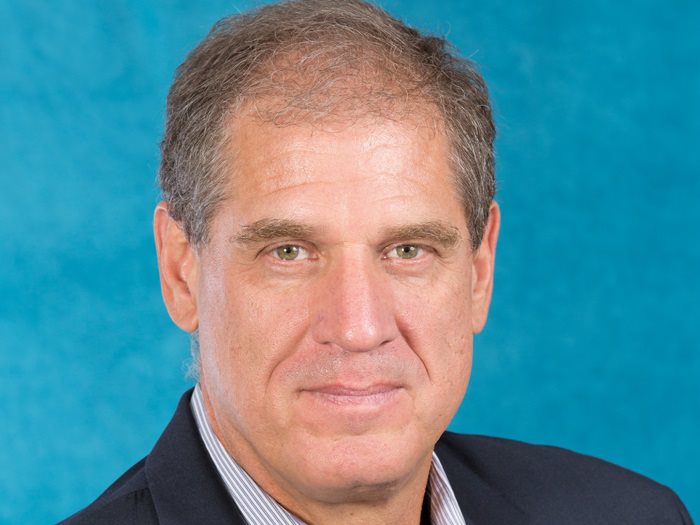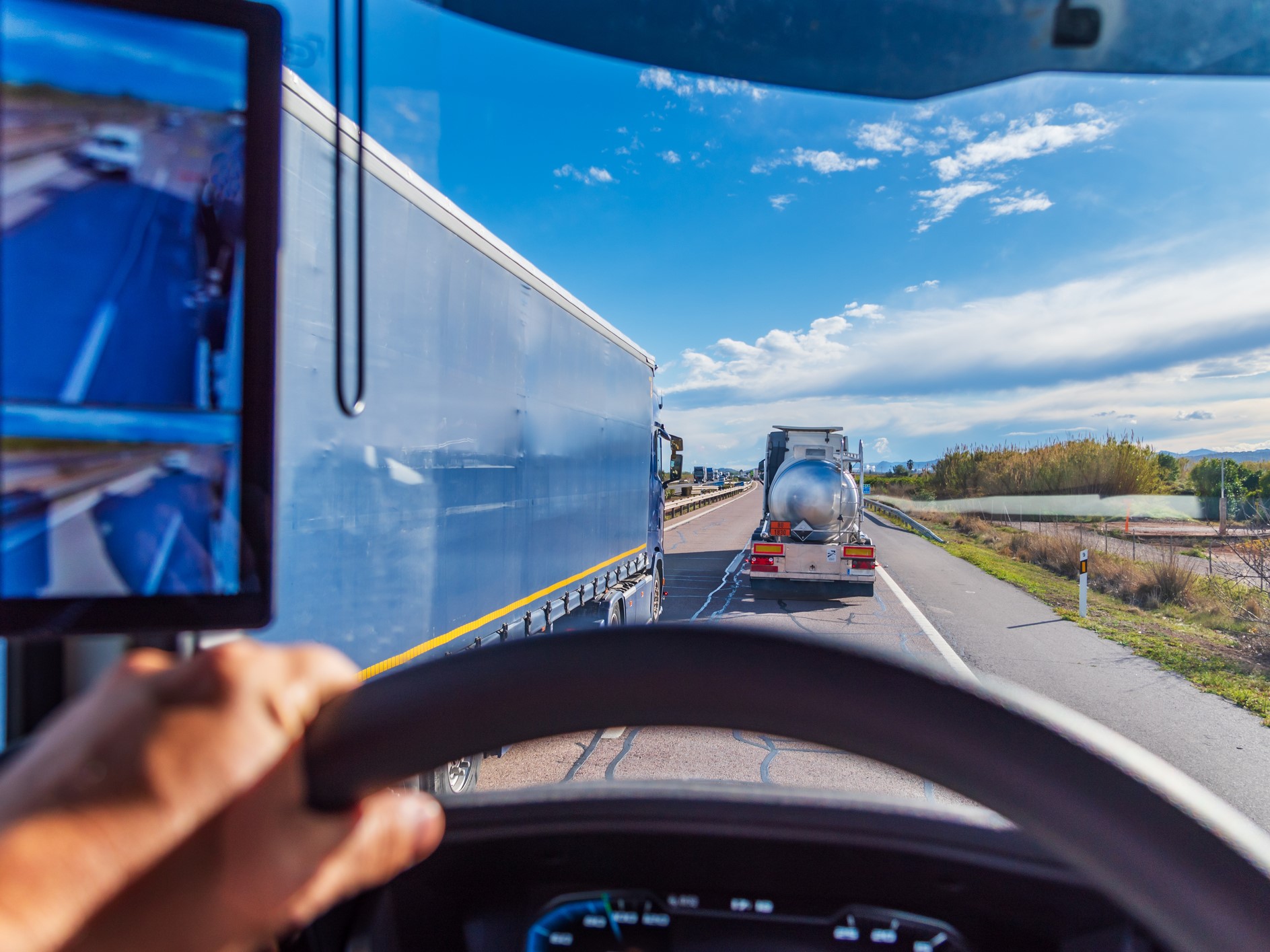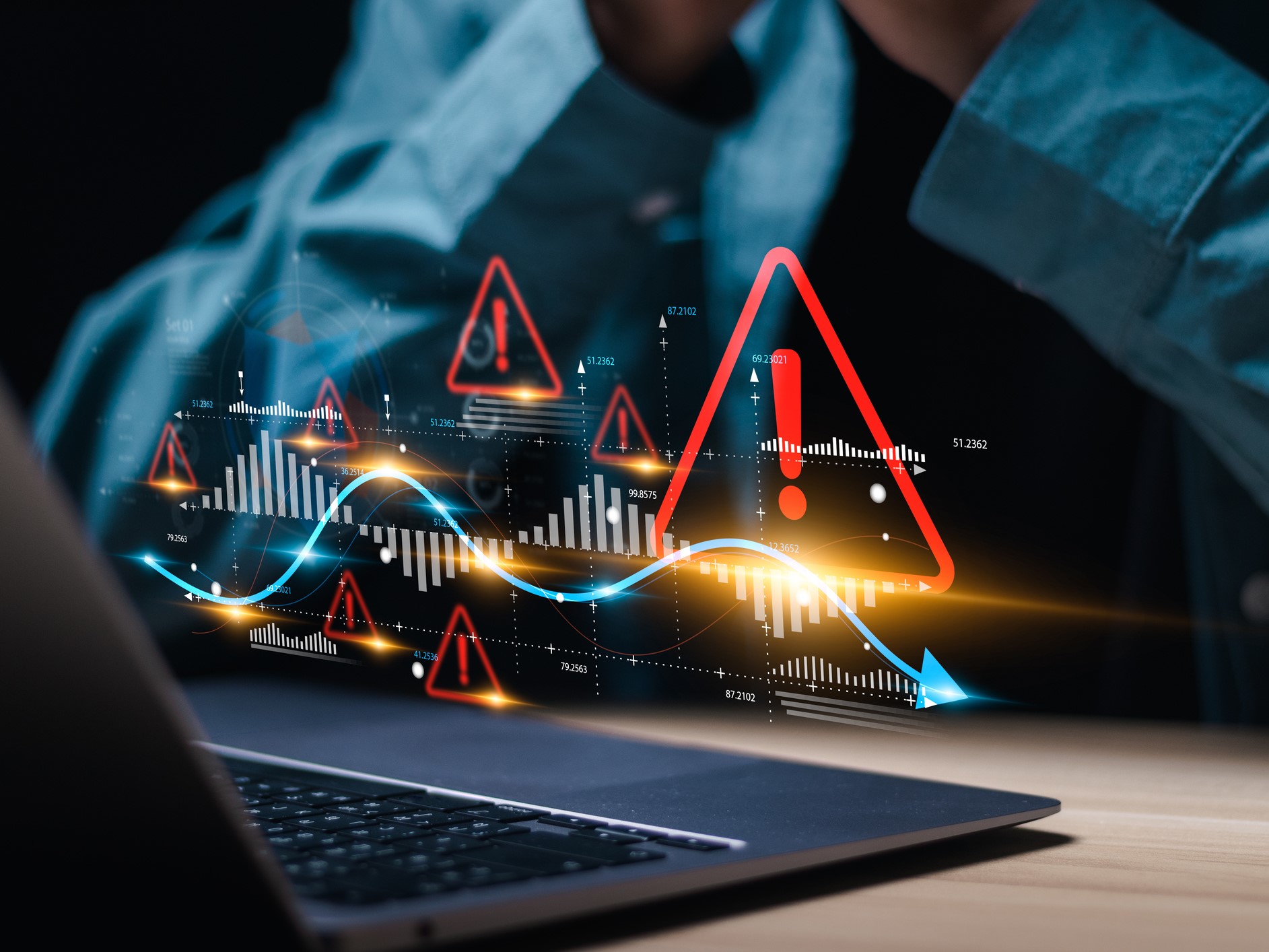Riskline’s CEO Kennet Nordlien on Global Travel During a Pandemic and Growing Tensions in the West

Travel, both for business and leisure, has been on hiatus for the better part of two years. Though some have ventured out since the release of the COVID vaccine, many have remained wary to visit places far and wide.
But tides are shifting, and flights are taking off.
That said, the global risk environment is a lot different today, and it is always changing. From tensions rising in the West to the ongoing pandemic, not to mention climate change and extreme weather, or other countries’ attitudes toward female or LGBTQ+ travelers, there’s plenty of items to review before traveling.
Enter Riskline, a company centered on making travel safer.
Riskline’s CEO and founder Kennet Nordlien sat down with Risk & Insurance® to discuss some of these pressing travel risks, as well as share his own insurance journey.
Risk & Insurance: To start us off, could you tell us a little bit about your insurance journey? How did you start in this business and what has led you to your role at Riskline today?
Kennet Nordlien: After several successful years with the Danish army, I decided to continue developing a career within the sector by leaping into the risk and security industry.
One of my first major career opportunities was working for a large travel insurance company owned by Munich Re as an external security analyst, developing unique databases to help them predict the possibilities of global conflict. I then worked for several Swedish-American companies focusing on security risk management, crisis management and protection.
With an interesting mix of career experience, I felt I had the right knowledge to take the leap and start my own company. Through my work, I had identified a need for a company dedicated to providing high-quality detailed risk assessments for countries, regions and cities around the world, that other companies could then use to inform their operations. This is what led me to establishing Riskline.
R&I: What does the day-to-day look like for you at Riskline?
KN: My days are never the same, and it’s one of the most invigorating things about our company.
We’ve got quite a few innovations in the pipeline, and I’m personally quite excited by these ideas and projects, so I’ll check in with the project managers to see how things are progressing. I also enjoy joining calls with some of our customers to get insights into their ongoing needs and hear firsthand about changes in their industries.
You can also find me chatting to individual team members on Slack to see how things are going with them, celebrate their successes and hard work and maintain our open communication culture.
And of course, I spend time speaking to other colleagues in our industry and staying up-to-date with trends to ensure we are anticipating future needs and responding to changes.
R&I: When you founded Riskline, what would you say were the driving factors that gave you the desire to make travel safer?
KN: Before founding Riskline, I had worked with companies that provided detailed risk information for people working in security or in high-risk areas. But this information wasn’t widely accessible — not to regular travelers or people working around the world.
Risk information that keeps people safe should be widely available to everyone — not just VIPs or people working in high-risk locations.
This was my key drive for founding Riskline; I wanted to provide high-quality and up-to-date risk intelligence that keeps people and organizations informed and prepared. I hoped that Riskline would become the most trusted risk intelligence company for all enterprises, from Fortune 500s down to SMEs, and this vision still drives our work.
R&I: It goes without saying, this is an interesting time to travel — war between Russia and Ukraine with the backdrop of a pandemic still looming. How have current tensions impacted travel and the security risks surrounding it?
KN: Duty of care is now critical for businesses when it comes to organizing travel, a shift precipitated by the pandemic.
Duty of care is now no longer just a moral obligation, it is also a legal obligation in some jurisdictions. There’s now more focus than ever on safety requirements and assessing risks before, during and after travel. I hope that this change in attitude to traveler safety lasts for the long-term.
The current war between Russia and Ukraine has meant that travel to either country is out of the question for anything but the most essential trips. Nations surrounding Ukraine have and will continue to be affected by the influx of refugees, leading to a strain on their services.
Also, if you are traveling to countries that are particularly wary of Russia, such as Estonia and Georgia, you should expect heightened levels of security, particularly near border areas.
These nations and others in the West are also currently vulnerable to cyber attacks by Russia, so be careful of what information you share online.
The war could also lead to catastrophic accidents similar to the shooting down of MH17 over Ukraine in 2014 or KAL007 in 1983.
Flight times have also increased (for some quite significantly) for flights that used to go through Russian airspace. The closure of Russian airspace has led to United Airlines suspending two routes to India; other airlines could follow suit with other transcontinental flights.
R&I: Outside of these larger-than-life events, what are some of the other risk areas Riskline has a pulse on that helps make travel safer?
KN: Riskline has a close pulse on personal safety issues, with some travelers having specific concerns that may not apply to everyone.
Our Personal Safety Reports have information on LGBT+ acceptance, female traveler safety and other particular safety issues for 225+ countries and territories.
We also closely track other everyday travel risks such as petty crime, international entry and exit rules, an enlarged risk because of COVID restrictions, and cyber crime.
R&I: You have a military background. How did that experience as a soldier in the Danish army shape the career you have today?
KN: Joining the military was the best decision I made for my personal growth.
The military is an incredibly effective engine for developing leaders and you receive clear feedback — you are praised for good work, and there are consequences when you do not deliver.
It was as a soldier that I learned who I am fundamentally and what is most important to me — I have a deep desire to help others and keep people safe.
Therefore, it was natural that after the military I started working for security companies that could provide this “help,” and this is core to our vision at Riskline.
R&I: Throughout your career, who have been your mentors and why?
KN: I actually have not had many mentors — I had one in the military who I had great respect for, but that mentor-mentee relationship did not last after I left.
Unfortunately, I have had to find out many things myself.
When I was younger, I invested a lot of time and money in companies and projects owned by others that I did not necessarily have the know-how for. This has meant that I have made many mistakes and lost a lot of my own money.
These painful lessons have been mentors to me in a way that have shaped the approach I have taken to building Riskline and growing it to where it is today — a very healthy business recognized for our credibility, that helps millions of people daily — you can only be proud of that!
R&I: Looking ahead, what are some of the main risk factors affecting travel in 2022? What should folks have in mind when making travel plans?
KN: Because of climate change, extreme weather events are occurring more frequently.
Travelers should be prepared for extreme weather when they are traveling to certain areas of the world at certain times of the year, i.e. the Hurricane Belt during the Atlantic hurricane season, wildfires in Southern Europe during the summer, or the flooding in Eastern Australia in autumn.
Another growing risk is terrorist attacks and civil insurrections — protests and riots.
Travelers should not just consider whether these incidents will occur at their destinations, they should also assess whether these risks could impact their journey.
Transport infrastructure is increasingly being targeted by protesters, for example the Extinction Rebellion demonstrators (UK) or the trucker protesters (Canada). &










